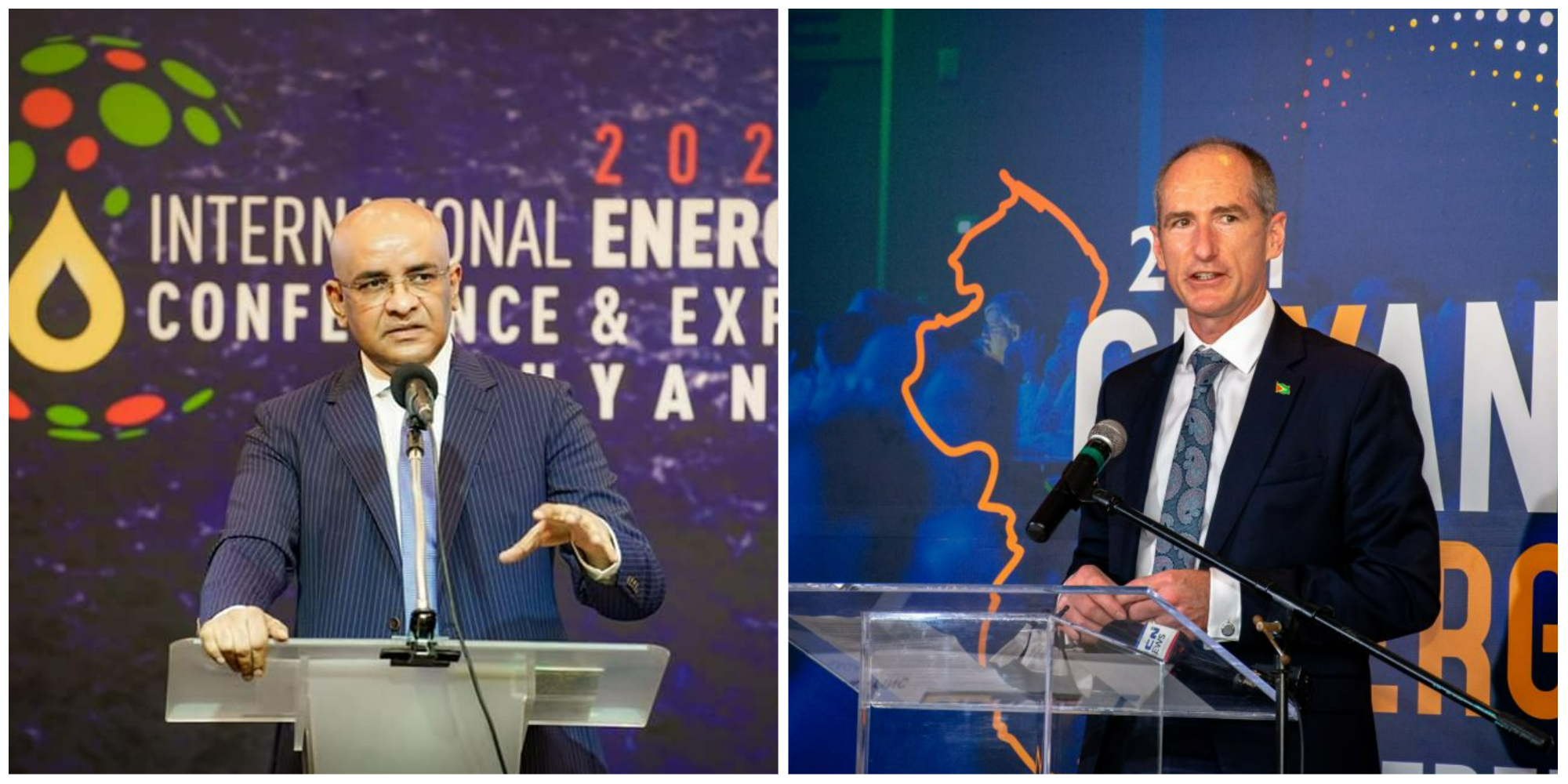ExxonMobil, the operator at the prolific Stabroek Block offshore Guyana, is not currently interested in purchasing Guyana’s carbon credits but plans to invest in other measures that will help offset its emissions.
So says Vice President Dr. Bharrat Jagdeo who spoke at a People’s Progressive Party Civic (PPP/C) press conference on Thursday.
“We raised this matter with them, they have not been positively inclined to do that,” Dr. Jagdeo said when asked about the sale of the credits to the oil company.
Already, the Hess Corporation is purchasing Guyana’s credits. Hess is one of the coventurers alongside ExxonMobil searching for and producing oil in the country’s nascent oil and gas sector.
Jagdeo said Hess is paying a much higher price for those credits than what Guyana would currently get in the voluntary market. And he believes these credits are high quality.
ExxonMobil’s decision not to purchase these credits, at least not yet, is just part of the company’s business model, the Vice President said.
He added, “Exxon says they are investing in carbon capture and storage and therefore that is their contribution to the fight against climate change.
“I am not defending them because I think they should be doing more globally and here.”
Jagdeo also noted that ExxonMobil has expressed interest in investing in mangrove restoration projects and reforestation efforts. Should the company subsequently decide it wants to purchase those credits, Jagdeo said it must be at competitive rates.
A carbon credit, generally, is a kind of tradable permit or certificate that represents the removal of a certain amount of carbon dioxide from the environment. Since carbon dioxide is the principal greenhouse gas that harms the environment, it is tracked and traded like any other commodity.
Hess, an oil company, hopes these credits will help improve, or at least offset, its environmental actions. The oil industry is notorious for emitting harmful greenhouse gases.
By the end of 2030, Guyana should amass at least US$750 million from the deal inked with Hess. Of that sum, Indigenous communities, altogether, should receive at least US$112 million—that is, their 15% direct cut as stipulated by Guyana’s Low Carbon Development Strategy (LCDS).





